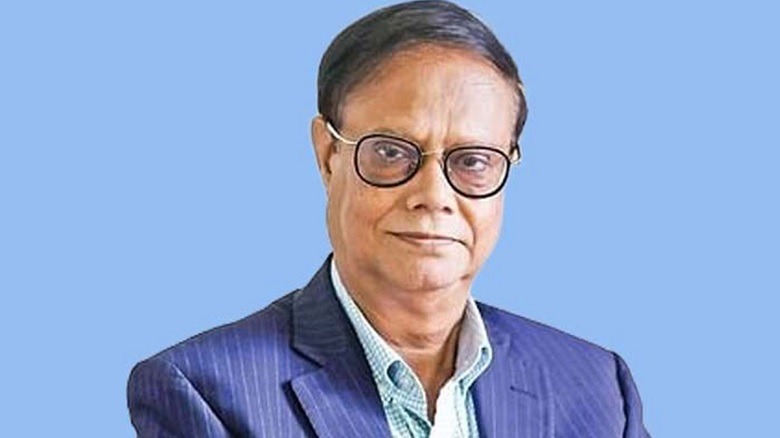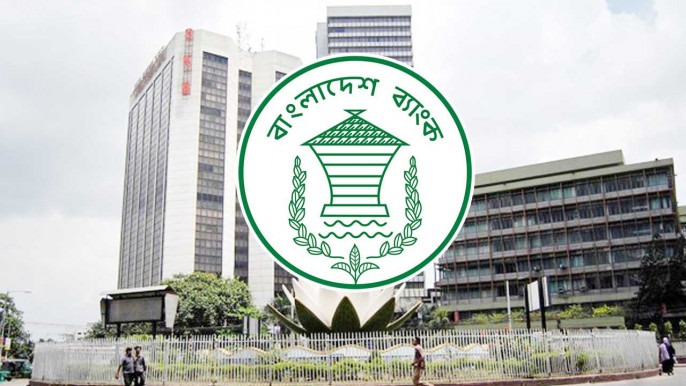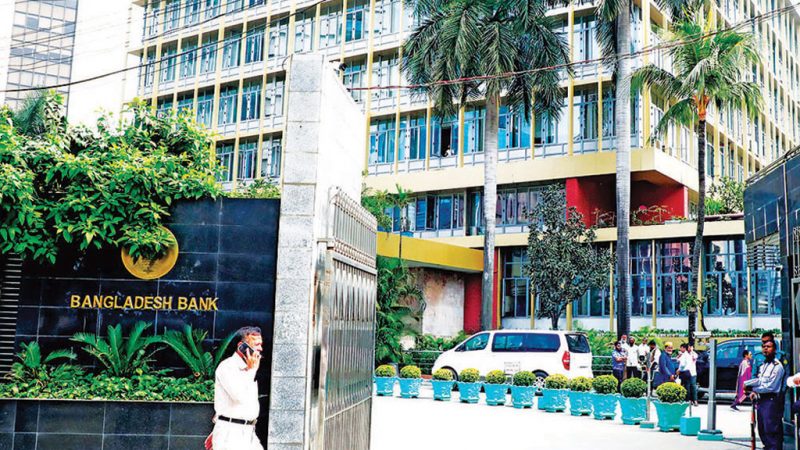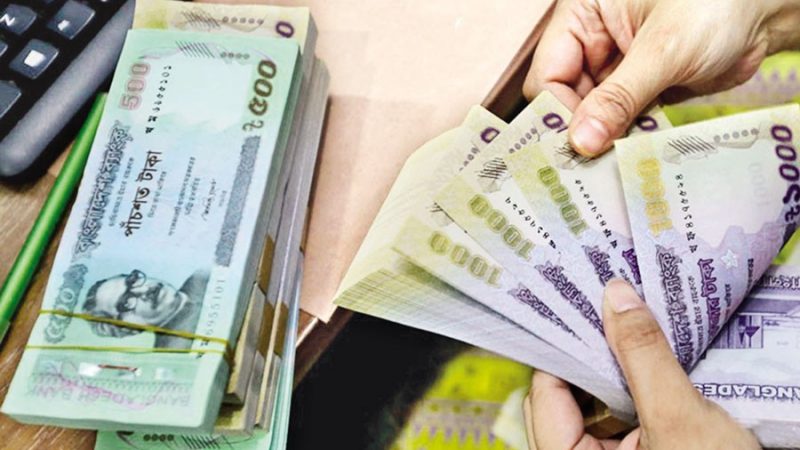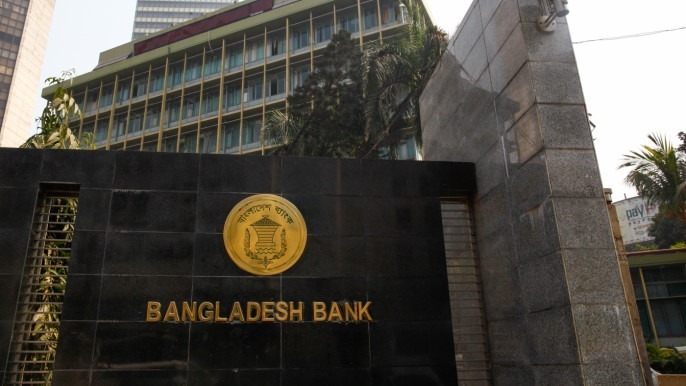6 listed banks turn non-compliant after sponsor-directors removed
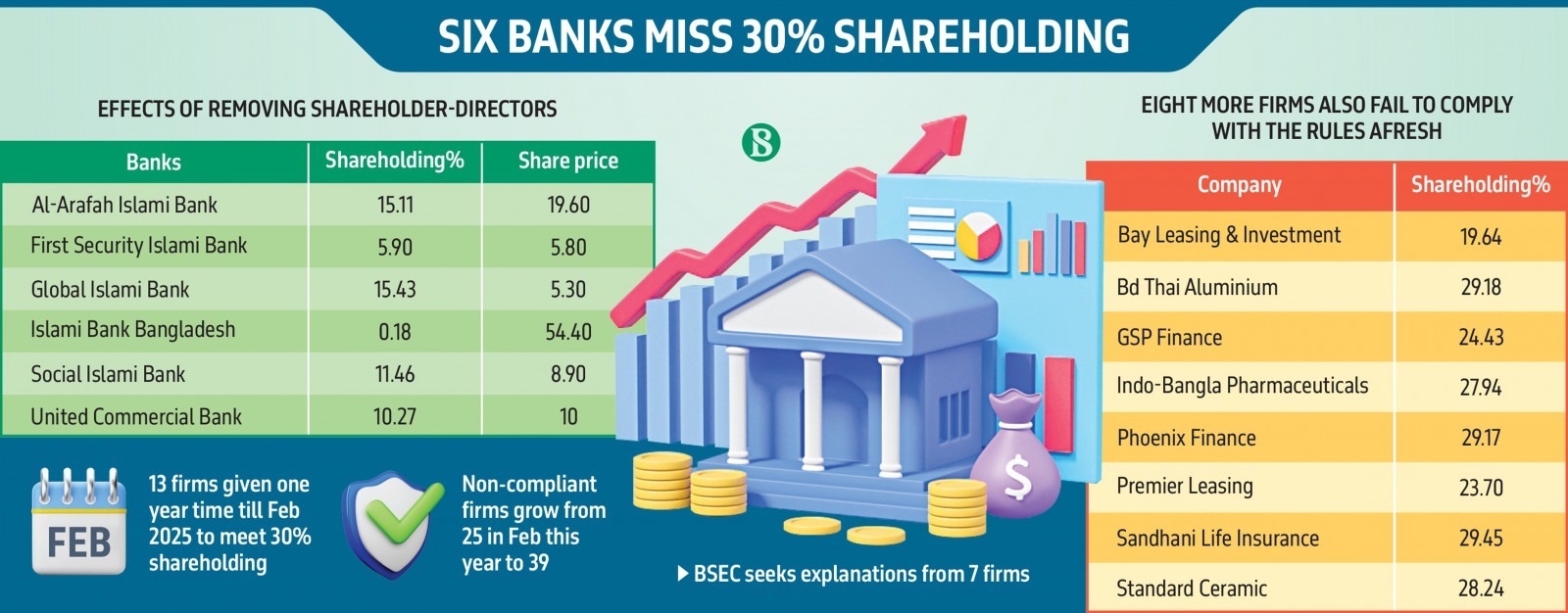
The central bank stated that it had to appoint independent directors due to the absence of investors holding a minimum of 2% shareholding
Six listed banks have become non-compliant with the 30% shareholding requirement set by the stock market regulator after the Bangladesh Bank removed many of their shareholder-directors as part of efforts to aid their recovery and steer them away from controversial businesses.
Al-Arafah Islami Bank, First Security Islami Bank, Global Islami Bank, Islami Bank Bangladesh, and Social Islami Bank were under the control of the S Alam Group, while United Commercial Bank was dominated by the family of former land minister Saifuzzaman Chowdhury.
After the fall of the Awami League government on 5 August amid a mass uprising, the Bangladesh Bank restructured the banks by appointing independent directors to their boards, leading to a decline in joint shareholding.
The central bank stated that it had to appoint independent directors due to the absence of investors holding a minimum of 2% shareholding.
In February of this year, the Bangladesh Securities and Exchange Commission (BSEC) took a new initiative – in line with a directive issued back in 2020 – to have sponsors, promoters, and directors comply and jointly hold at least 30% of a company’s shares at all times.
The number of non-compliant firms rose from 25 in February to 39 by the end of September. Despite repeated directives, ultimatums, and mounting pressure from the BSEC, these companies have failed to meet the requirements.
Experts argue that this persistent non-compliance underscores the need for alternative strategies to ensure regulatory adherence in the sector. They highlight that the rule was designed to encourage entrepreneurs to remain actively involved in their companies.
By maintaining a significant ownership stake, they are expected to prioritise the company’s growth and governance. However, when ownership stakes decrease, governance quality and overall company performance often suffer, they added.
Stock market expert Abu Ahmed, currently the chairman of the Investment Corporation of Bangladesh (ICB), previously stated that such directors should be removed from companies. He criticised them for showing little interest in their businesses, as many had sold off their shares earlier.
“The BSEC has the power to enforce the rule but has not utilised it properly,” he said. “When the shareholding of sponsors and directors decreases in a company, they lose focus on its business, ultimately causing general investors to suffer by holding that company’s shares.”
Among the non-compliant companies, 13 have been given until February 2025 to comply with the rules. These companies include Aftab Automobiles, InTech Ltd, C&A Textiles, RSRM Ltd, Fine Foods, Salvo Chemical Industry, Fu-Wang Foods, ISN Ltd, AFC Agro Biotech, National Bank, Olympic Accessories, Popular Life Insurance, and Delta Spinners.
The regulator has also sought explanations from the managing directors of seven listed firms: Active Fine Chemicals, Apollo Ispat, Central Pharmaceuticals, Familytex (BD), Mithun Knitting, Northern Jute, and Shurwid Industries.
Additionally, the BSEC has decided to appoint two independent directors to six other companies: Pharma Aids, Alhaj Textile, Aziz Pipes, FAS Finance, Generation Next Fashion, and Ring Shine Textile. The commission had earlier sought comprehensive plans from these companies to ensure compliance.
A senior BSEC official told The Business Standard that while some companies are making efforts to comply with the 30% shareholding rule, not all have done so adequately. The commission is closely monitoring each case individually and may escalate them to the enforcement department for further action.
Following the change in government, six banks were found to be non-compliant with regulatory requirements, including the 30% shareholding rule. The BSEC plans to issue letters to companies that have failed to meet the requirement.
Before implementing the directive, the BSEC had received numerous allegations from investors. In July 2020, the new leadership of the securities regulator directed 44 listed companies to ensure their sponsors and directors jointly held at least 30% of their companies’ shares within 60 days. It also decided to take legal action against directors who failed to hold at least 2% of the paid-up capital individually.
Stock investors have alleged that many sponsors and directors continue to hold controlling power in companies even after selling off their shares. Stakeholders believe that if sponsors and directors maintain the minimum 30% shareholding, it could help ease the ongoing liquidity crisis in the capital markets by releasing a substantial amount of funds.
Source: The Business Standard | 24 November 2024


